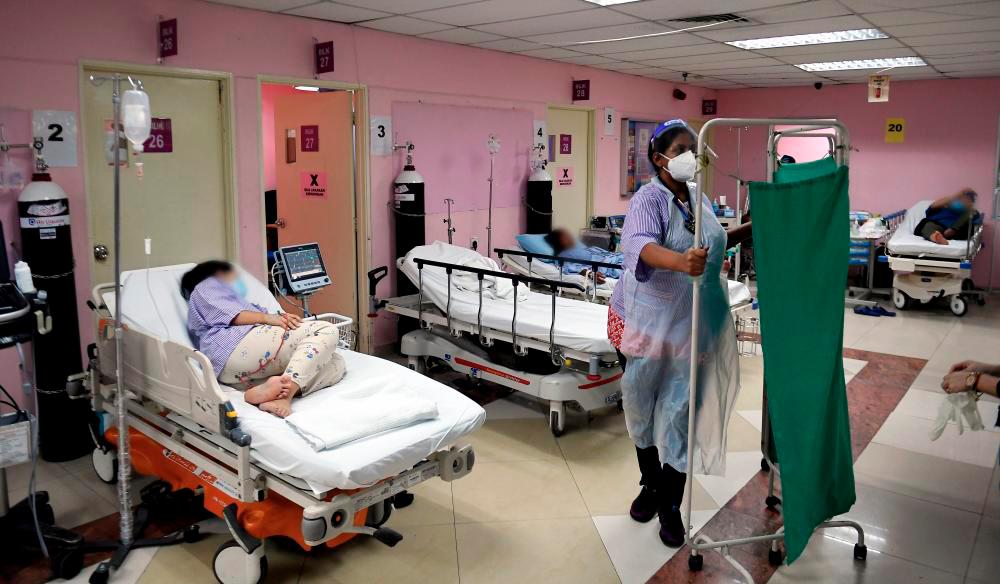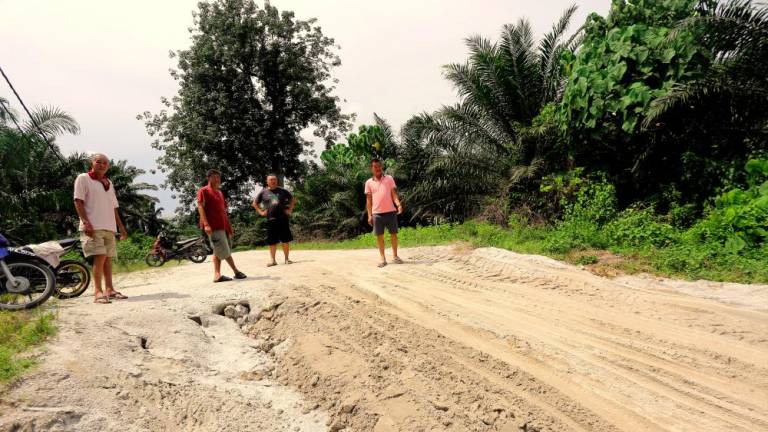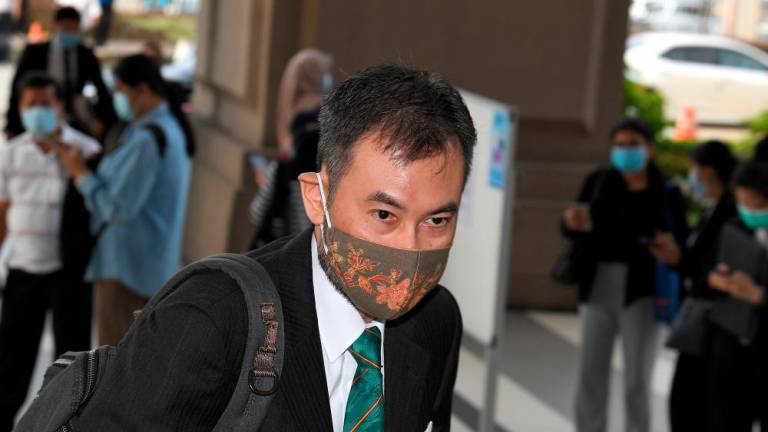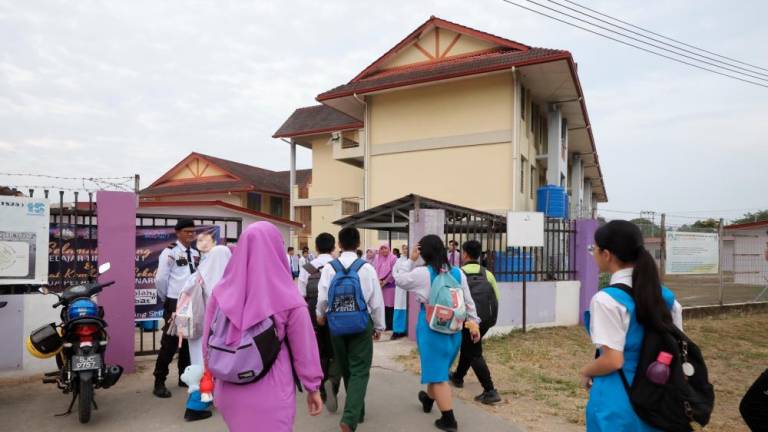ACCORDING to Global Medical Trends Survey, healthcare cost in many nations around the world has increased i.e. Latin America (from 18.2% to 18.9%) Asia Pacific (6.9% to 10.2%) and Middle East/Africa (10.5% to 11.5%). The overall cost rose from 8.2% in 2021 to 8.8% in 2022 and is projected to reach 10% in 2023. In Malaysia, the Health Ministry received RM36.14 billion for Budget 2023, a record 11.5% increase from Budget 2022.
The steady rise in the introduction of new drugs and the increasing number of pharmacy outlets selling medicines of all shapes and sizes for every disease would presumably make us assume that the world is safe and everyone is leading a healthy life.
The paradox is that despite the rising allocation for healthcare, increasing technology and sophisticated facilities, latest medicines produced and sold by pharmaceutical companies, the general health of the common man today is rapidly deteriorating due to compromised lifestyles and demanding, stressful commitments.
Non-communicable diseases (NCD), including diabetes, cardiovascular diseases, cancer and chronic respiratory diseases, are the leading cause of death worldwide and represent an emerging global health threat. NCD kill 41 million people each year worldwide, equivalent to 71% of all deaths globally.
Therefore, it is imperative that we have health awareness programmes to promote a healthy lifestyle, which can hopefully bring a wave of change. We need a new awakening on the concept of health to encourage everyone to make healthy lifestyle choices.
“E.A.S.E into good health” is one such programme introduced by Sri Sathya Sai International Organisation, with the sole aim of empowering individuals with four critical components to guarantee good health i.e. exercise regularly, have a positive attitude, sleep deeply and eat responsibly (code named E.A.S.E). This holistic training module strings together four diverse subjects into a single entity, to be taught seamlessly and practised in order to harvest maximum benefit.
Exercise regularly
A sedentary, complacent lifestyle with mere shuttling between the fridge and sofa is a guaranteed open invitation to ill health. Exercise is necessary and should be carried out at least three to four times a week.
Brisk walking for 30 to 40 minutes, ending with general stretching exercises will release endorphins. The most important aspect is confidence and benefit gained from such a routine, which will invariably influence the other three components of E.A.S.E.
Life became more sedentary and complacent, especially during the Covid-19 pandemic when movements were restricted. This lifestyle has to a certain extent been followed through post-pandemic. Even a 45-minute sitting behind the computers or attending meetings should be interspersed frequently with breaks of five to seven minutes of stretching exercises.
Positive attitude
The most healthy aspect of living is to train the mind to always feel happy. Happiness should be everyone’s birth right. In the awareness programme, the mind is trained to see everything in a positive light, and for everyone to express gratitude for everything one has in one’s life.
It encourages individuals to be ambassadors of happiness and spread the joy to others. Having a positive attitude with a strong purpose in life and simple living will generate a positive ambience. Several research have found that a positive attitude can increase longevity.
Sleep deeply
Considered as an inactivity, hence, sleep does not get the deserved attention, but little do people realise that the quality of sleep determines the outcome of our activities the following day.
Insomnia is increasingly becoming a common health issue, with an estimated prevalence of 11-50% among the Western and Asian populations.
It has been found that sleep disorders are associated with chronic diseases such as cardiac ischemic and hypertension, headache, depression, decreased work performance, impaired memory, poor concentration, higher rates of work absenteeism and increased rates of motor vehicle and workplace accidents.
There is a need to educate people on good sleep practices, beginning from childhood. It is the quality of sleep that matters as compared with the duration. Invariably, all the other three components of E.A.S.E will be affected if sleep is compromised.
Eat responsibly
Unhealthy eating habits can contribute to many types of illnesses, mainly affecting the gastrointestinal system. When to stop eating is as important as knowing when we should eat.
We tend to ignore the need to stop eating due to the desire to satisfy our taste buds. The discipline required to restrain from unconscious eating tendencies can play a huge role in disease prevention. Hence, the degree of restraint requires a retrain.
In addition, neurotransmitters connecting the brain and gut associate what one eats to a person’s moods and thinking.
The E.A.S.E approach is a preventive health awareness programme dedicated to the promotion of human values. The Sri Sathya Sai International Organisation offers selfless service and has been carrying out free medical camps in more than 100 countries. The programme empowers individuals to recognise red flags as a signal when we are driven away from good health. Similar to the red light at a traffic junction, which triggers us to brake to a halt even without a traffic police, E.A.S.E empowers us to pull the brakes to prevent dissipation of good health.
“E.A.S.E to good health” is an amazing way to ease into the new year with a healthy lifestyle. For those who are keen to receive updates on the forthcoming free training, email ssio.malaysia@gmail.com.
Prof Dr Suresh Govind FASc is an honorary professor at University of Malaya, chairman of the Board of Trustees for Yayasan Perpaduaan Malaysia, director of Sathya Sai Academy for Human Values and Coordinator for Friendship Group for Inter-religious Service. Comments: letters@thesundaily.com














